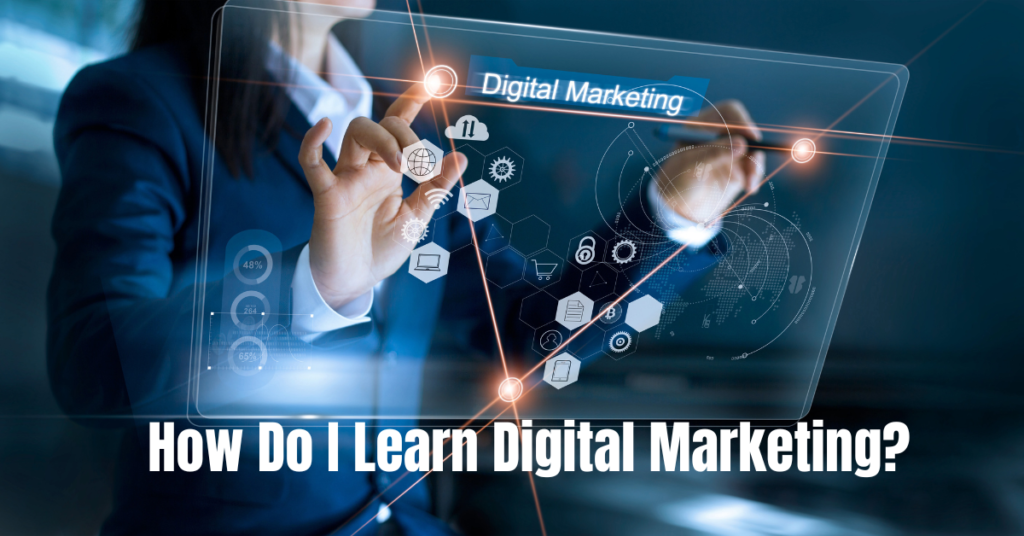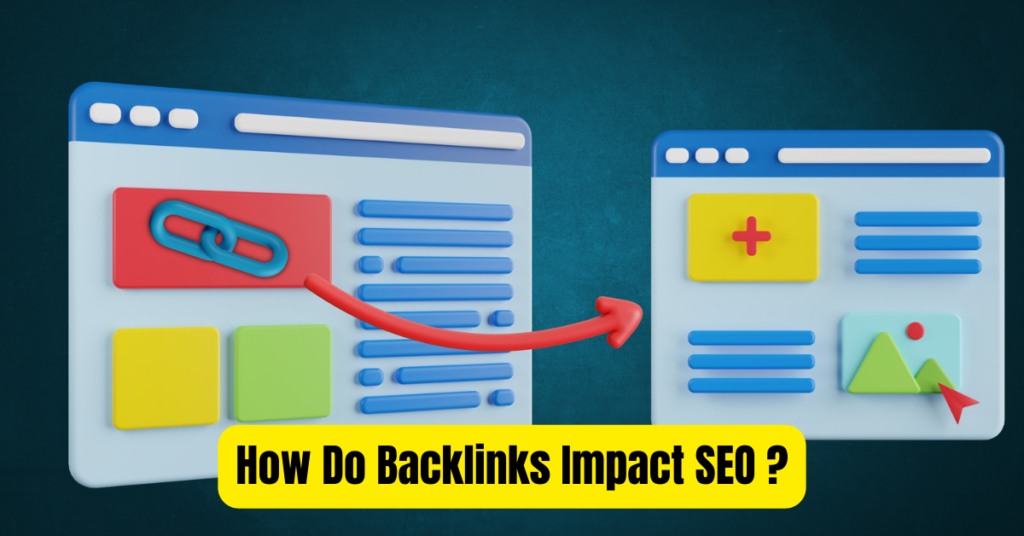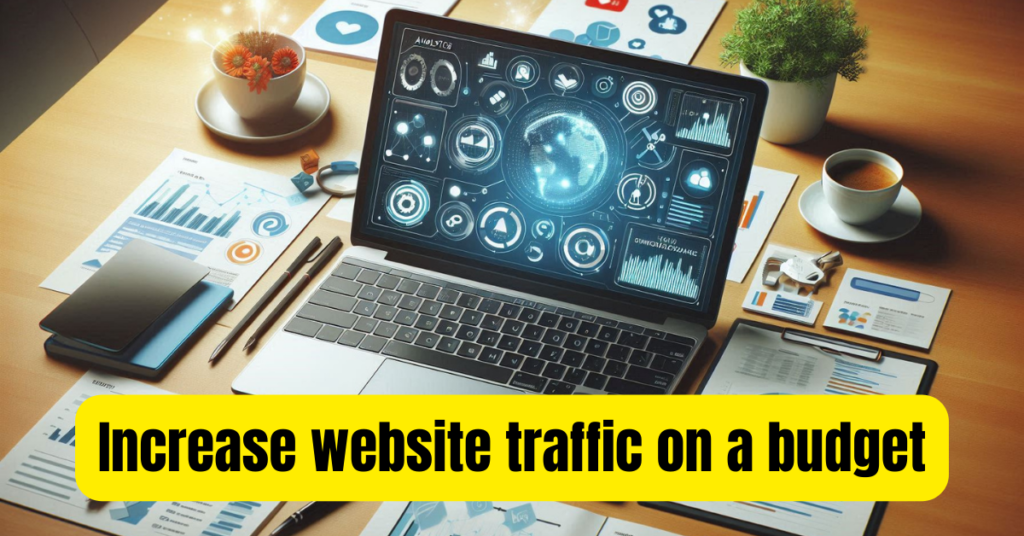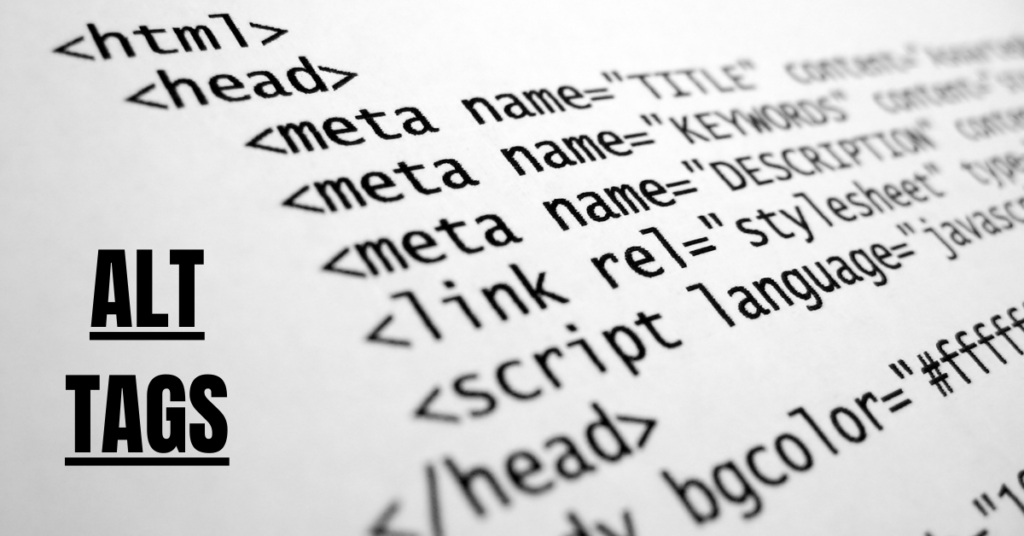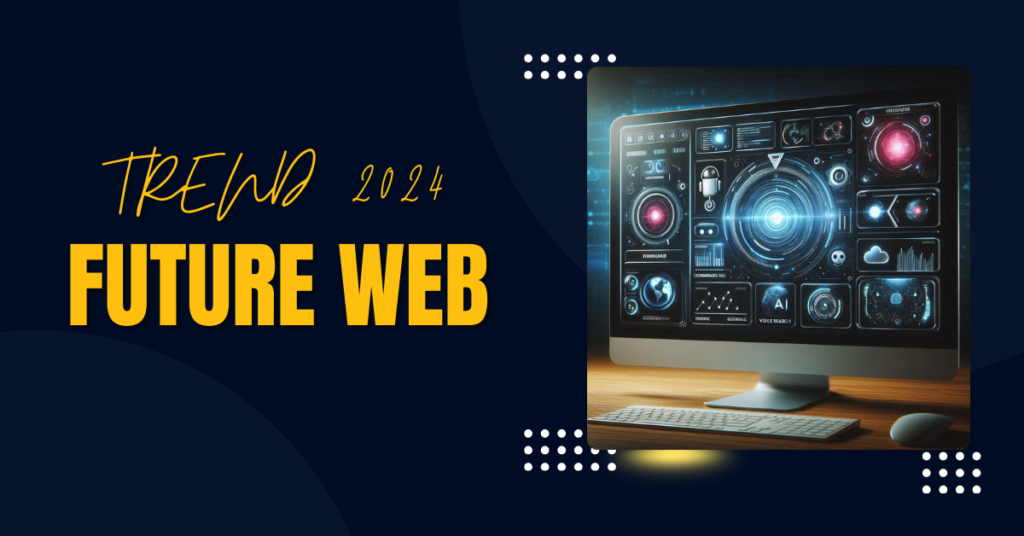What are the best online courses for learning digital marketing?
In today’s digital age, having a strong online presence is essential for businesses of all sizes. Digital marketing has become a critical skill for entrepreneurs, marketers, and business owners. If you’re looking to learn digital marketing, here’s a comprehensive guide to get you started.

1. Understand the Basics
Before diving into the specifics, it’s important to understand the basics of digital marketing. This includes familiarizing yourself with key concepts such as:
- SEO (Search Engine Optimization): The process of optimizing your website to rank higher in search engine results.
- Content Marketing: Creating and distributing valuable content to attract and engage your target audience.
- Social Media Marketing: Using social media platforms to promote your products or services.
- Email Marketing: Sending targeted emails to potential and existing customers to build relationships and drive sales.
- PPC (Pay-Per-Click) Advertising: Running ads where you pay each time someone clicks on your ad.
- Affiliate Marketing: Promoting other people’s products and earning a commission for each sale made through your referral.
2. Take Online Courses
There are numerous online courses available that can help you learn digital marketing from scratch. Some popular platforms offering digital marketing courses include:
- Coursera: Offers courses from top universities and companies.
- Udemy: Provides a wide range of courses on various aspects of digital marketing.
- Google Digital Garage: Free courses on digital marketing fundamentals.
- HubSpot Academy: Free courses covering inbound marketing, content marketing, and more.
3. Follow Industry Blogs and Websites
Stay updated with the latest trends and insights in digital marketing by following industry blogs and websites. Some popular ones include:
- Moz: Known for its SEO insights and tools.
- Neil Patel’s Blog: Offers tips and strategies on all aspects of digital marketing.
- Search Engine Journal: Provides news, guides, and how-tos on digital marketing.
- Social Media Examiner: Focuses on social media marketing trends and strategies.
4. Practice What You Learn
Theoretical knowledge is important, but practical experience is crucial. Start by applying what you’ve learned on your own projects. You can:
- Create a Blog: Write about topics you’re passionate about and use SEO techniques to drive traffic.
- Build a Social Media Presence: Manage social media accounts for yourself or a small business.
- Run PPC Campaigns: Use Google Ads or Facebook Ads to create and manage ad campaigns.
- Experiment with Email Marketing: Use platforms like Mailchimp to create and send marketing emails.
5. Use Digital Marketing Tools
Familiarize yourself with popular digital marketing tools. These tools can help you streamline your efforts and achieve better results. Some essential tools include:
6. Join Online Communities
Join online communities and forums where digital marketers share their experiences and insights. Participating in these communities can help you learn from others, ask questions, and stay updated on industry trends. Some popular communities include:
- Reddit (r/digital_marketing): Discussions on various digital marketing topics.
- LinkedIn Groups: Professional groups focused on digital marketing.
- Facebook Groups: Join groups like “Digital Marketing Questions” or “SEO and Digital Marketing.”
7. Stay Updated
Digital marketing is constantly evolving. To stay ahead, you need to continuously update your knowledge and skills. Subscribe to industry newsletters, attend webinars, and participate in conferences to keep up with the latest developments.
Conclusion
Learning digital marketing is a journey that requires dedication and continuous effort. By understanding the basics, taking online courses, practicing what you learn, using the right tools, and staying updated with industry trends, you can develop the skills needed to succeed in the digital marketing world. Whether you’re looking to advance your career or grow your business, mastering digital marketing is an invaluable asset in today’s digital landscape.
How Backlinks Impact SEO: Effective Strategies for Building Them
How Do Backlinks Impact SEO, and What Are Some Ways to Build Them? They are…
The Best Strategies for Guest Posting to Boost Your Website Traffic
What are the Best Ways to Do Guest Posting? How Guest Posting Affects Website Traffic?…
10 Effective Strategies to Increase Traffic and Attract Customers to Low Budget Websites
Effective Ways to Increase Traffic and Attract Customers to Low Budget Websites or Businesses Increase…
How Do Image Alt Tags and Descriptions Impact SEO?
How Do Image Alt Tags and Descriptions Impact SEO? In the ever-evolving realm of digital…
What is a Buyer Persona?
Developing Detailed buyer personas is Essential: Introduction In today’s competitive market, understanding your customer is…
Top 10 Web Development Trends to Watch in 2024
Top 10 Web Development Trends to Watch in 2024 The web development landscape is continuously…
FAQ: How Do I Learn Digital Marketing?
1. What are the best online courses for learning digital marketing?
Several reputable platforms offer comprehensive digital marketing courses. Some of the best include:
- Coursera: Offers courses from universities like the University of Illinois and companies like Google.
- Udemy: Wide range of courses covering various digital marketing topics.
- Google Digital Garage: Free courses on digital marketing fundamentals.
- HubSpot Academy: Free courses on inbound marketing, content marketing, and more.
- LinkedIn Learning: Professional courses on digital marketing strategies and tools.
2. How long does it take to learn digital marketing?
The time it takes to learn digital marketing depends on your prior knowledge and the depth of expertise you want to achieve. Generally:
- Basic Understanding: A few weeks to a couple of months.
- Intermediate Skills: 3 to 6 months of consistent study and practice.
- Advanced Expertise: 1 to 2 years, including hands-on experience and continuous learning.
3. What are the essential skills needed for digital marketing?
Key skills required for digital marketing include:
- SEO (Search Engine Optimization): Understanding how to optimize content for search engines.
- Content Creation: Ability to create engaging and valuable content.
- Social Media Management: Skills in managing social media accounts and campaigns.
- Data Analysis: Analyzing data to measure performance and make informed decisions.
- Email Marketing: Crafting and executing effective email campaigns.
- PPC Advertising: Running and managing pay-per-click advertising campaigns.
4. How can I gain practical experience in digital marketing?
Gaining practical experience is crucial for mastering digital marketing. Here are some ways to get hands-on experience:
- Create a Blog: Write about topics you’re passionate about and apply SEO techniques.
- Manage Social Media Accounts: Start with your own or volunteer for small businesses.
- Run PPC Campaigns: Use platforms like Google Ads or Facebook Ads.
- Internships: Look for internships or freelance opportunities in digital marketing.
- Personal Projects: Launch your own projects or collaborate with others to apply your skills.
5. What tools should I use to learn and practice digital marketing?
There are several tools that can help you learn and practice digital marketing effectively:
- Google Analytics: For tracking and analyzing website traffic.
- SEMrush or Ahrefs: For SEO and competitive research.
- Hootsuite or Buffer: For social media management.
- Mailchimp or Sendinblue: For email marketing campaigns.
- Canva or Adobe Spark: For creating marketing visuals.
- Google Ads or Facebook Ads Manager: For running PPC campaigns.

